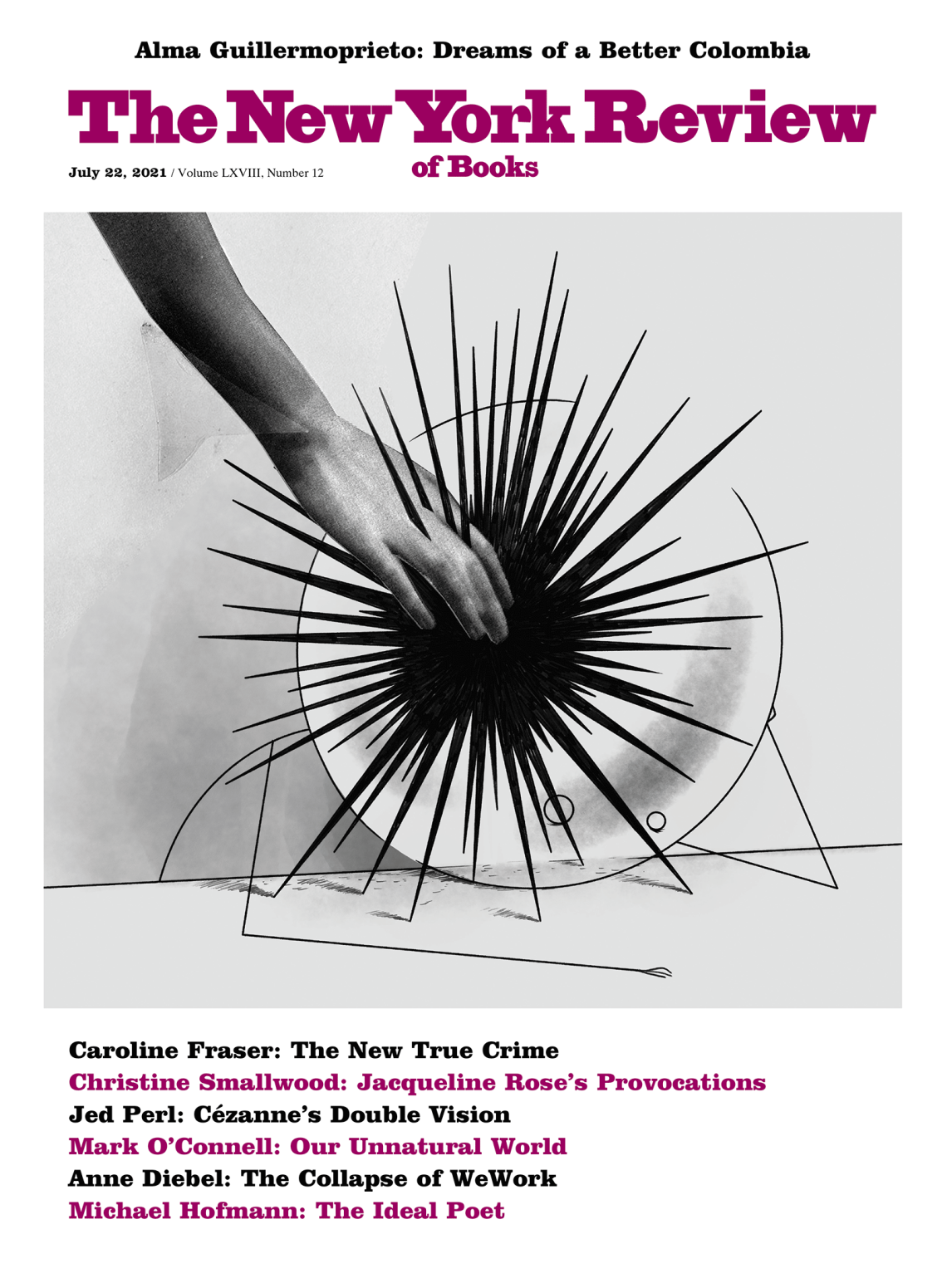In response to:
Ending the Kennedy Romance from the May 27, 2021 issue
To the Editors:
I was taken aback by the remark in Michael Kazin’s otherwise excellent review [“Ending the Kennedy Romance,” NYR, May 27] that “[Kennedy’s] only enduring diplomatic success was a treaty banning atmospheric nuclear tests.” The deft manner in which President Kennedy handled the Cuban Missile Crisis was an extraordinary achievement, which entitles him to a place in the pantheon of our greatest presidents.
Jim Altschul
New York City
Michael Kazin replies:
During the missile crisis, in the fall of 1962, which came close to mushrooming into a nuclear holocaust, Kennedy did indeed pursue a strategy more cautious than what his advisers, who included his brother Robert, recommended. But the US Navy’s “quarantine” of Soviet vessels headed to Cuba ended the standoff only because Soviet premier Nikita Khrushchev ordered his ships to return to their home ports. Before that occurred, the commander of one Soviet submarine cruising under the Atlantic almost launched a nuclear torpedo against US surface ships, which would likely have touched off a war in which tens of millions on both sides would have perished.
Any praise for how JFK behaved then should be tempered by a recognition of why Fidel Castro asked his ally to station missiles on the island in the first place. In April of the previous year the US had sponsored an invasion of Cuba by some 1,400 exiles, who failed to get off the beach adjoining the Bay of Pigs where they landed. That November, the Kennedy administration began Operation Mongoose, a secret program intended to undermine, if not topple, the regime and assassinate el lider maximo himself. But the first volume of Frederik Logevall’s biography ends in 1956; the second will be an occasion to assess whether Kennedy’s handling of the crisis should have earned him a place in the presidential pantheon.


